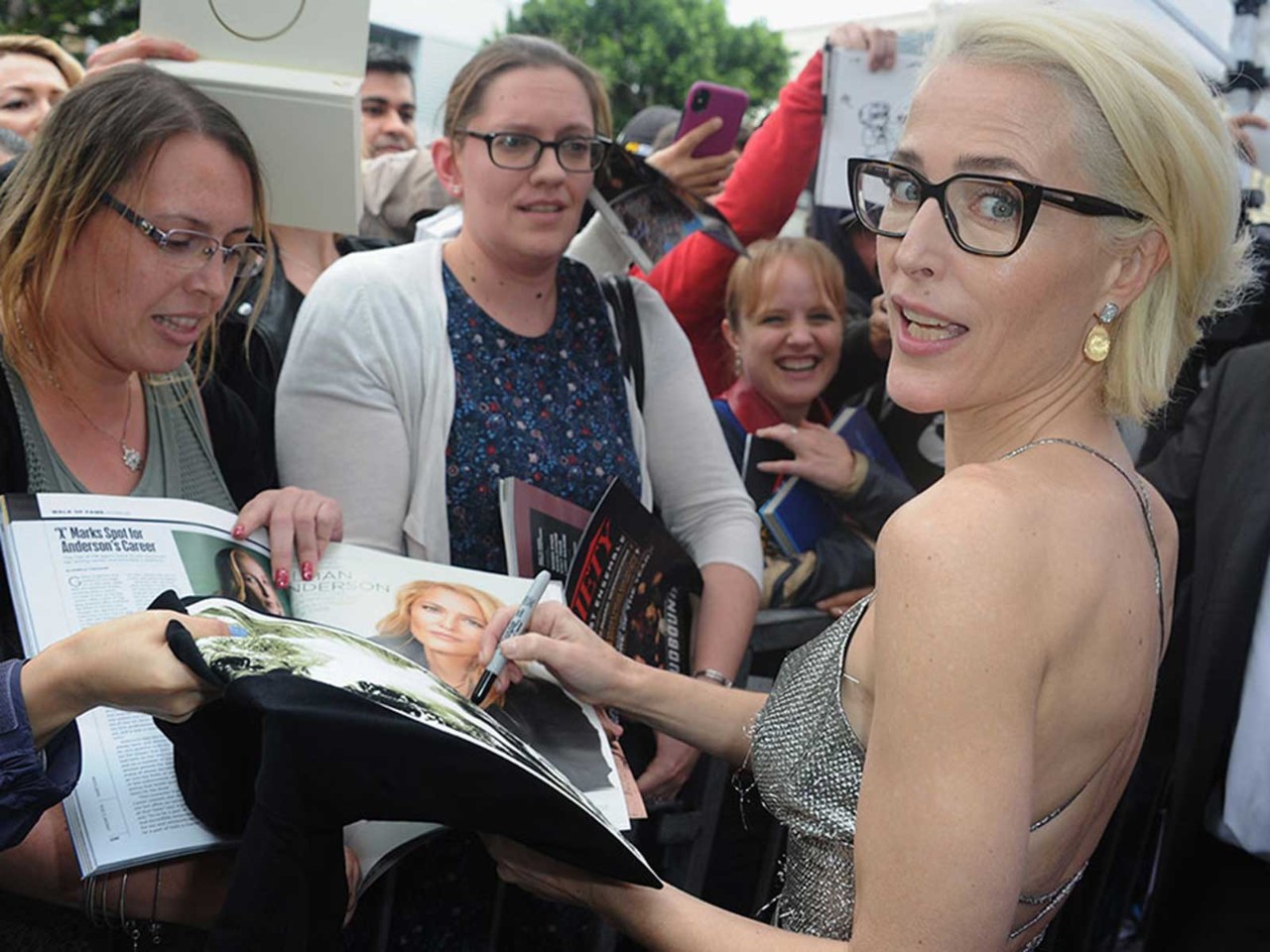
These are strange times for firms looking to hire. On the one hand, there’s still a shortage of talent in accountancy (you don’t need me to tell you about that) and now plenty of volatility in a decidedly candidate-led market. Employers that aren’t quick enough on the uptake are losing out to competitors.
On the other hand, there’s a huge opportunity in the shape of international and virtual hiring enabled by the pandemic.
CV fraud may be harder to spot in overseas candidates with qualifications from unfamiliar institutions
The shifting world of work, away from offices and towards home-working, has opened doors for businesses that are supporting remote working arrangements in the long term and are willing to get to grips with local tax and employment law.
HR tech boom
For these companies, the talent pool has become an ocean and, as such, HR tech startups that help companies to scale their international workforces have boomed amid the pandemic.
Even so, it might be tempting to cut corners where there are more openings than applicants. The Wall Street Journal recently reported that employers across multiple sectors were relaxing their hiring processes, including easing academic requirements and reducing background checks.
But, while filling vacancies is critical, so too, is quality. And the risk of mis-hires is high in such a climate, not to mention costly for brand and reputation.
Scrutinise CVs
Recruiting internationally carries risks of its own. CV fraud may be harder to spot in overseas candidates with qualifications from unfamiliar academic institutions. It’s not uncommon in the UK either. A 2017 YouGov survey found that one in 10 respondents had lied on their CVs – with education and qualifications being the most common areas for embellishment.
The cost of a bad hire is high – up to 30% of the employee’s first-year earnings
Employers may now never meet their employees in person, and interviews are increasingly taking place via Zoom and the like. Not only does this make it far more challenging to assess someone’s suitability for a role, at worst it might be harder to ascertain that they are indeed who they claim to be, no matter where they live.
The cost of a bad hire is high – up to 30% of the employee’s first-year earnings, according to the US Department of Labor. In the accounting profession, where trust and word of mouth are so important, a rogue employee is also a reputational risk.
Add rigour
In today’s climate, businesses need to get wise to – and weigh up the fallout of – making their virtual and international hiring processes more rigorous. Adding extra interview stages is one idea. But, while this may help employers feel more confident about their hiring decisions, making the process too arduous can negatively impact the candidate experience and lead to diminishing returns.
A case in point is Google, which used to subject candidates to more than a dozen interviews. After crunching the data and scrutinising its hiring decisions, Google found that four interviews were sufficient to confidently predict whether someone should be hired.
Screening candidates is also about making sure you don’t hire a dishonest person who could commit worse crimes than CV fraud
Screen time
Far less disruptive would be tightening your screening processes, as global background checks can be run with minimal input from candidates. Requesting additional checks on top of those you request as standard, such as right-to-work credentials and professional qualifications, will help firms to reduce the risk of mis-hires and fraud.
This might include adverse media checks for top-tier talent – such as searches for negative news coverage, press mentions or reports on a candidate’s involvement in criminal activity – and can locate evidence of activities like fraud.
Careful screening of candidates isn’t just about checking if someone is actually qualified to do the job you’ve advertised; it’s also about making sure you don’t inadvertently hire a dishonest person who could commit worse crimes than CV fraud once they are privy to confidential information about your business and clients.
Employment screening has evolved from a process that was forced on companies’ HR departments to one that now plays an important role in managing risk. A robust screening programme will allow employers to ensure they are recruiting staff who are properly qualified and experienced, and reduce the risks associated with dishonesty that can impact service delivery, brand and reputation.



